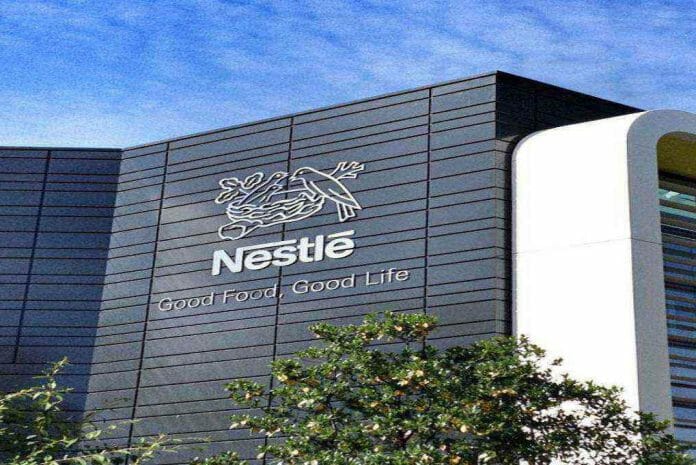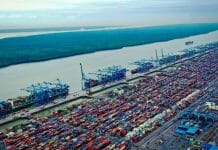Nestle’s first half earnings came in broadly in line with Kenaga’s forecast but exceeded consensus estimates. While the research company expects the topline to be robust, courtesy of the economy being in the endemic phase the sentiment continues to be cautious as input prices are likely to stay elevated, suppressing margins.
Earnings estimates are unchanged but have been lowered with TP at RM119.75 to reflect a higher risk-free rate in a rising interest rate environment.
The first half PATAMI of RM375m meets expectations at 53% of the full-year forecast but beats market expectations at 62% of the consensus full-year estimate. An interim DPS of 70.0 sen (implying a 44% payout) declared is broadly within expectation as Nestle usually pays a bumper dividend in the 2H of the financial year. 1HFY22, topline grew 18% to RM3.3b as economies reopened.
Domestic and export sales grew 14% and 36%, respectively, with domestic sales boosted by strong F&B and retail performances. However, EBITDA margin improved slightly by 1% on account of reduced Covid-19-related expenses.
Nestle also introduced several new products that we believe had helped to improve margins. PATAMI ended 19% higher to RM375m as the impact of Cukai Makmur was milder than expected, at 29% vs. our estimate of 34%.
QoQ performance showed deterioration in both the topline and margins. 2QFY22 topline fell 3% sequentially to RM1.6b which Kenanga reckons was due to consumers tightening their belts as inflation ate into their disposable incomes. Likewise, 2QFY22 margins fell by 2-3ppt sequentially which we believe was due to Nestle choosing to absorb part of the higher input costs.
Kenanga is cautious on the outlook, it sees downside risks to its topline growth and margins as consumers down trade, i.e. opting for cheaper brands or alternatives, while cost pressures remain with extended supply chain disruptions as well as a seemingly prolonged Russian-Ukraine war. Dairy prices, in particular, are expected to continue on an uptrend into 2023 as supply is only expected to catch up with demand by end-2023, according to expert opinion. Apart from concerns over the loss of market shares, the group has moral as well as ESG obligations not to excessively raise the prices of its staple food products that make up the daily diet of the population.
Post results, Kenaga maintained its earnings estimates but revise down valuation by applying a DCF-derived TP of RM119.75
(RM136.50 previously) based on a WACC of 4.9% and TG of 2%.
Downgrade to UNDERPERFORM. Risks to our call include (i) Normalization of food commodity prices, (ii) Stronger ringgit resulting in lower cost of imported raw materials.









